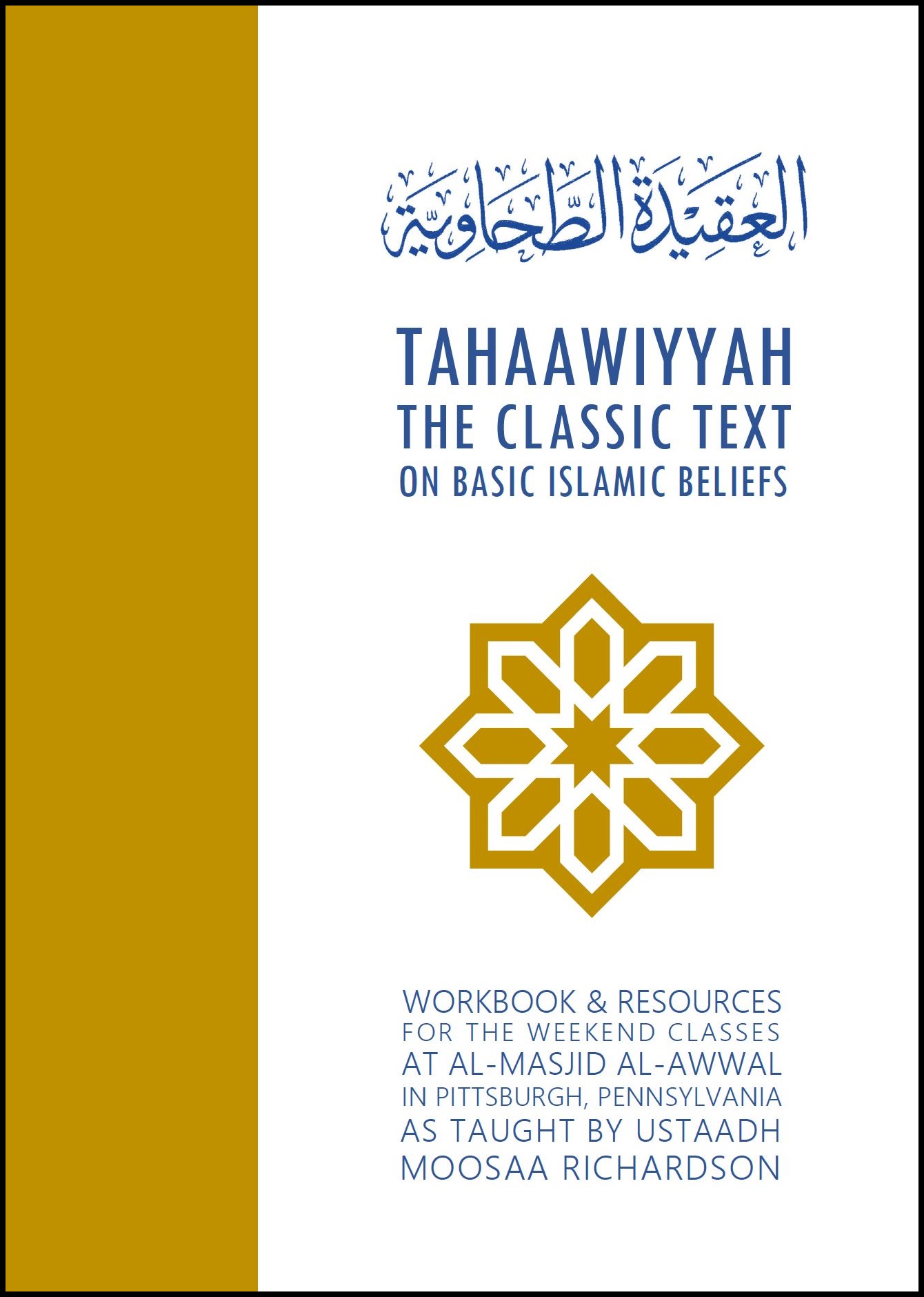In the Name of Allah, the Most Gracious, the Ever Merciful…
QUESTION: We are here together, and to Allah is all praise, gathered and talking to one another [cordially], without any differing between us. Yet, I see that when some of us return to their lands, they begin differing, even warning against each other. This happens even though they are all Salafees, their reference points are the same, and they all honor the same scholars of Ahlus-Sunnah in this land. So what is your advice to them, may Allah reward you with goodness?
ANSWER: I always advise my brothers and my children among the students of knowledge to stay away from whatever causes differing. This means that sticking to the texts [of revelation] is an absolutely necessary matter; it is a must. Yet, there are ijtihaadaat (attempts to assess and derive rulings on issues) which lead to division. Some ijtihaadaat are beneficial; Allah provides benefit through them to Islam and the Muslims. For this reason, the door of ijtihaad remains open, open to provide benefit to the Ummah, to guide them, to derive rulings from the Book of Allah and the Sunnah of the Messenger of Allah, may Allah raise his rank and grant him peace. The one who tries to shut the door of ijtihaad is mistaken, and he has no evidence.
However, firstly, no one is to perform ijtihaad other than one suitable for it, one who has equipped himself with the sciences of the Book, the Sunnah, the [Arabic] Language, and other things. This is the one who performs ijtihaad and investigates relative matters when nawaazil (crucial matters in need of important rulings) take place.
As for students of knowledge, one of them tries to understand as much as he can from the textual evidence. However, in current events and crises, no one is to speak other than the elite Continue reading



 Shaykh Saalih al-Fowzaan (may Allaah preserve him) stated:
Shaykh Saalih al-Fowzaan (may Allaah preserve him) stated: